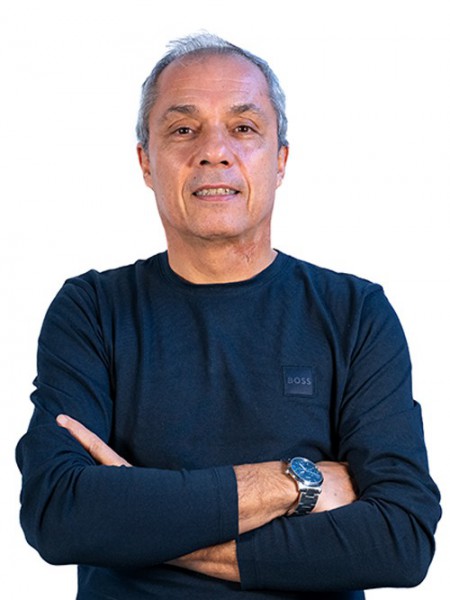resumo
An alternative approach to classical surface plasmon resonance spectroscopy is dielectric-loaded waveguide (DLWG) spectroscopy, widely used in the past decades to investigate bio-interaction kinetics. Despite their wide application, a successful and clear approach to use the DLWGs for the one-step simultaneous determination of both the thickness and refractive index of organic thin films is absent in the literature. We propose here, for the first time, an experimental protocol based on the multimodal nature of DLWGs to be followed in order to evaluate the optical constants and thickness of transparent thin films with a unique measurement. The proposed method is general and can be applied to every class of transparent organic materials, with a resolution and accuracy which depend on the nature of the external medium (gaseous or liquid), the geometrical characteristics of the DLWG, and the values of both the thickness and dielectric constant of the thin film. From the experimental point of view, the method is demonstrated in a nitrogen environment with an accuracy of about 3%, for the special case of electroluminescent thin films of Eu3+ beta-diketonate complexes, with an average thickness of about 20 nm. The high value of the refractive index measured for the thin film with the Eu(btfa)(3)(t-bpete) complex was confirmed by the use of a spectroscopic model based on the Judd-Ofelt theory, in which the magnetic dipole transition D-5(0) -> F-7(1) (Eu3+) for similar films containing Eu3+ complexes is taken as a reference. The DLWGs are finally applied to control the refractive index changes of the organic thin films under WA irradiation, with potential applications in dosimetry and monitoring light-induced transformation in organic thin films.
categoria
Chemistry, Multidisciplinary; Chemistry, Physical; Materials Science, Multidisciplinary
autores
Zaman, Q; Costa, JS; Tahir; Barreto, ARJ; Araujo, JFDF; Carlos, LD; Neto, ANC; Cremona, M; Ahmed, Z; Cruz, AFS; Souza, NWP; da Costa, KQ; Dmitriev, V; Laurenzana, A; Margheri, F; Del Rosso, T
nossos autores
agradecimentos
This study was financed in part by the Coordenacao de Aperfeicoamento de Pessoal de Nivel Superior-Brasil (CAPES).Finance Code 001. Funding from FAPERJ for processes E-26/010.002138/2019 and E-26/010.000980/2019 are acknowledged. Funding and scholarships from FAPESPA, CNPq, and INEO-INCT are also acknowledged.



